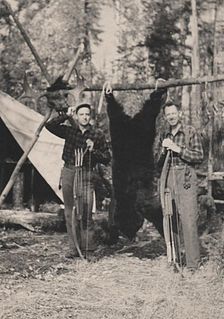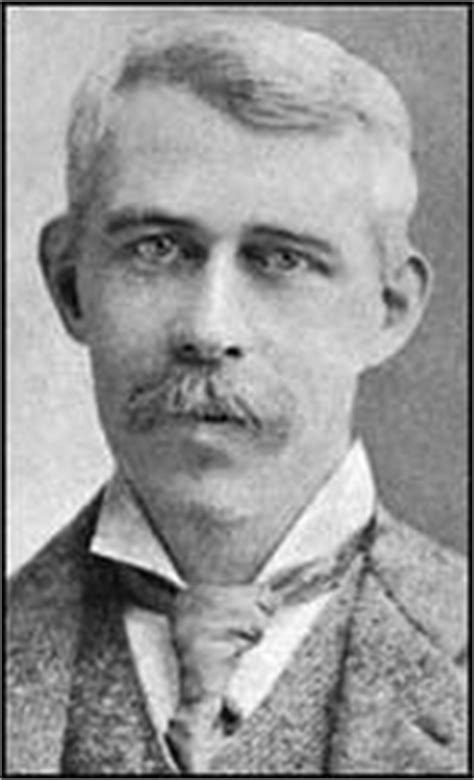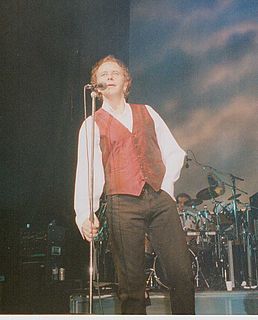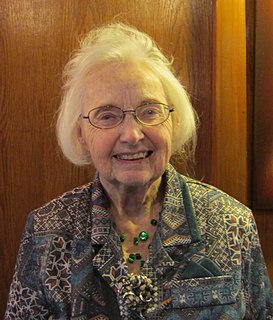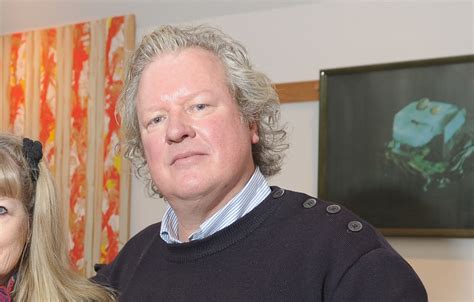A Quote by Noah Feldman
When we put our trust in diplomacy, it is not because it is an inspiring or uplifting discourse or because it helps us see the common humanity in others. The stylized circumlocutions of diplomats can make them seem ridiculous or irrelevant: they never seem to be talking about what is really going on.
Related Quotes
If asked to sketch a picture of the typical archer I would be hard put. They seem to come in all shapes, sizes, colors and backgrounds. Inwardly they seem to have in common a love for the outdoors, a reverence for wildlife, and a close tie with history. There is nothing they seem to enjoy more than telling tall tales around a campfire or talking about archery to others. It would be difficult to find a more interesting group of people.
A lot of our fellow liberals ... seem to me rather to doom themselves to futility in public affairs because the won't recognize that there's a zone of natural affection midway between the inner, or family one, and the outer, or all-humanity one. I suppose they are somehow short of a zone themselves and they seem to get vexed... The common man knows better, just as he'd know better if some philosopher told him he ought not to make invidious distinctions by feeding his own children in preference to others. But of course he can't explain; he just ... goes on feeding the kids.
Each of us is comprised of stories, stories not only about ourselves but stories about ancestors we never knew and people we've never met. We have stories we love to tell and stories we have never told anyone. The extent to which others know us is determined by the stories we choose to share. We extend a deep trust to someone when we say, "I'm going to tell you something I've never told anyone." Sharing stories creates trust because through stories we come to a recognition of how much we have in common.
I do seem to work in a lot of different mediums, which means it keeps things fresh and sparks interest in me. Fame and fortune is fairly irrelevant to me. It's nice because it gives creative freedom. But just wanting to be famous is ridiculous because it's so vacuous. So, I get offered lots of different things and if they spark my interest, I'll try and do them because they form part of a wider creative circle.
Artists use frauds to make human beings seem more wonderful than they really are. Dancers show us human beings who move much more gracefully than human beings really move. Films and books and plays show us people talking much more entertainingly than people really talk, make paltry human enterprises seem important. Singers and musicians show us human beings making sounds far more lovely than human beings really make. Architects give us temples in which something marvelous is obviously going on. Actually, practically nothing is going on.
Sometimes people stumble over this vastness in relation to the apparent insignificance of man. It does seem to make us infinitesimally small. But the meaning of this magnitude is not mainly about us. It’s about God… The reason for ‘wasting’ so much space on a universe to house a speck of humanity is to make a point about our maker, not us.
I'm interested in the way the whole cultural landscape can shift over time. Okay, this will seem like a silly example, but look at the whole discourse around "selling out," a concept people say is irrelevant because there's no more distinction between mainstream and underground, inside and outside (which I don't really believe, but that's another issue).
The one function that most gods seem to have in common is to give human existence some ultimate purpose - and, while it is not possible to disprove an ultimate purpose, there does not seem to be any evidence for it. This is not to say, of course, that there is no purpose in life at all: we all make our own purposes as we go through life. And life does not lose its value simply because it it not going to last forever.
Property is, after all, a social convention, an agreement about someone's exclusive right to use a thing in specified ways. However, we seem to have forgotten this. We seem to think that property belongs to us in some essential way, that it is of us. We seem to think that our property is part of ourselves, and that by owning it we therefore make ourselves more, larger, greater.
I don't think it is enough appreciated how much an outdoor book the Bible is. It is a "hypaethral book," such as Thoreau talked about - a book open to the sky. It is best read and understood outdoors, and the farther outdoors the better. Or that has been my experience of it. Passages that within walls seem improbable or incredible, outdoors seem merely natural. This is because outdoors we are confronted everywhere with wonders; we see that the miraculous is not extraordinary but the common mode of existence. It is our daily bread.

